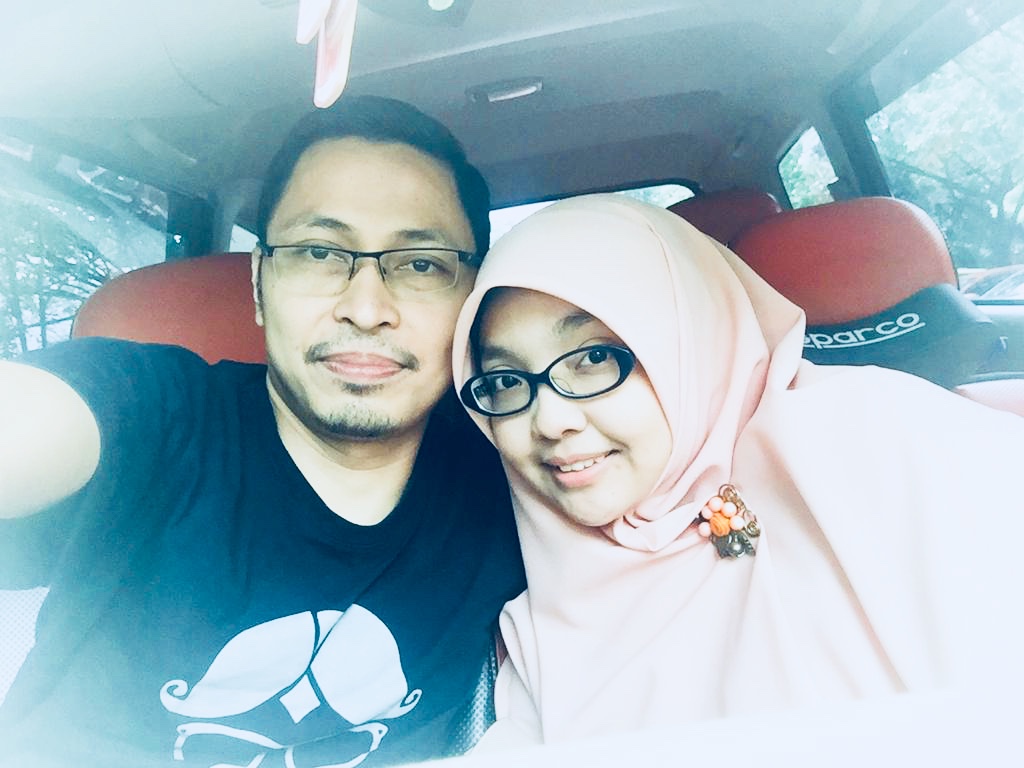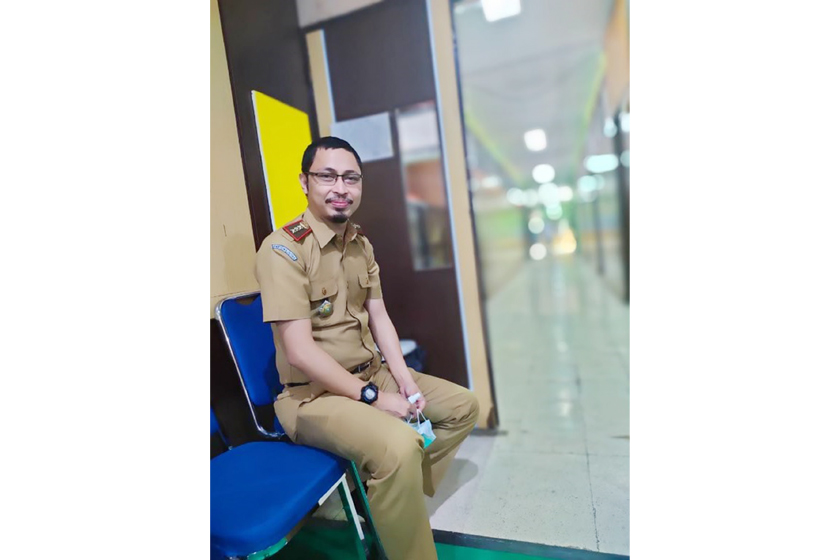Written by Andi Baso Tombong, an Australia Awards alumnus.
I am a nurse and my wife is a medical doctor. I am not writing this story to show how we work as members of taskforces to tackle COVID-19 in our respective hospitals. Instead, I want to share the experience of coping with the nervousness surrounding COVID-19. I would argue that in facing the shadow of COVID-19, consistency and self-composure can be the impactful weapons we need.
I had been increasing my awareness regarding this specific Coronavirus since December 2019. Initially, I found an update on Instagram regarding a strange pneumonia that infected some residents in Wuhan, China, and the number of cases were growing fast. Being curious, I searched related information, but I concluded that it could be similar to previous SARS or MERS or Ebola outbreaks and was unlikely to cause problems globally, including in Indonesia. It turned out I was wrong. The virus has spread quickly throughout communities, breaking through national and international borders and boundaries. As the first few cases emerged in Indonesia, my wife and I committed to implementing universal health protocols against communicable diseases. Healthcare workers are always at high risk of infection and we have loved ones at home to protect. So, I set up a different pathway to get into our house to reduce the possibility of exposing them to virus particles we might bring into the house, and unwritten rules to soak all garments outside, hand hygiene, facemask wearing and nutrition intake.
We successfully implemented the protocols, and had prevented the virus from infecting at least one of us for four months. However, on June 12, my wife called me and informed me that she was infected by COVID-19. I was still at my hospital at that time, and hearing that news made me devastated. I said to myself: “After all the efforts we have made, I can’t believe that the virus I heard of only from social media five months ago has now infected the one I love”. Some colleagues advised me to stay apart from my wife but I decided to provide care for her because she needed me. I am her husband and I am a nurse. Thus, I proposed to my director a short break, and luckily the request was approved.
On my way home, I composed myself. I knew that nobody was immune to the virus, and as a human being I was also afraid of getting infected. However, I forced myself to be rational. I decided to stay calm, not allowing myself to overreact or overthink even though I knew the danger of the disease and what effects the virus could have on humans’ bodies. I kept telling myself: don’t panic. I had the knowledge of infection control and prevention and nursing knowledge and skills required for caring. Also, I kept reminding myself that the virus is a self-limiting organism, which means its ability to grow and replicate is limited if the immunity of the infected person fights back by consuming enough nutrition and being stress-free. By composing myself I could think clearly about what should be done and let my body be relaxed to obtain enough immunity before starting this caring role.
I arrived home, taking over the treatment of the infected lady, and warned everyone in the house to be obedient and consistent with the existing protocols. I followed the World Health Organization and the Ministry of Health of Indonesia guidelines to isolate the infected person in a room with a bathroom and good ventilation. We decided to isolate her at home as the symptoms were moderate. I sent my seven-year-old daughter to her grandmother’s house while my 11-month-old baby who is being breastfed stayed with us. Accompanied by two others there were five of us in the house during this isolation period.
After several days of isolation, I found that consistency played an important role in protecting everybody. I provided care using personal safety equipment when my wife needed assistance, and anything including dishes and clothes coming out of the room were cleaned separately. Everybody in the house wore a facemask and routinely performed hand hygiene. After several days of care, my wife underwent swab testing twice and both results were negative. On June 25, I also underwent swab tests with negative results.
In relation to consistency, the following case is worth mentioning. My wife revealed the circumstances that potentially put her at risk of infection. She had been in close contact with a laboratory staff member in a room with poor ventilation and without facial protection on June 8. At that time, she had opened her mask to drink water, and that was the only time she lapsed. A few days later, on June 11 the staff member was confirmed positive with COVID-19, a day before the confirmation of my wife. Thus, consistency in implementing universal precautions against virus exposure should be a high priority.
In conclusion, the COVID-19 pandemic has affected all of us. Should we be aware of it? Of course, we should. Is there anything we can do? Yes, we can do many things. Stay alert, be obedient and consistent in implementing health protocols and be self-empowered to keep thinking rationally. My little family has experienced a bad (but not the worst) scenario and we successfully coped with it. By composing ourselves and being consistent in living the protocols required, we can live normally during this pandemic. Interestingly, during such difficult times, my wife could manage her hospital duties related to COVID-19 swab testing from our home, while I could also manage everything related to the nursing care management as inpatient nursing manager at my hospital. Both of us also continued to inform family, friends, and those in need, on all the issues related to this pandemic to keep them updated and well-informed.



 Self-Composure and Consistency May Help Us During This COVID-19 Pandemic
Self-Composure and Consistency May Help Us During This COVID-19 Pandemic
